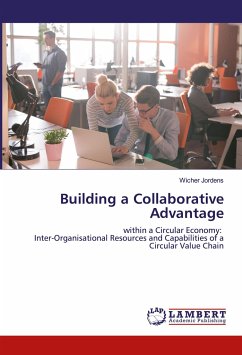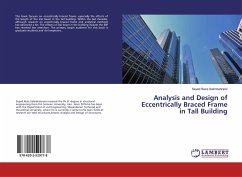A circular economy has major implications for how current supply chains are organised. They need to be transformed into circular value chains, in which companies collaborate to effectively manage complete product value cycles, consisting of the creation, preservation, exploitation and restoration of product embodied values. Earlier research has identified some of the major obstacles to make this transformation come true, but little guidance is provided in how these new circular systems are organised, operated and managed. This book contributes filling in this knowledge gap, by the means of creating and testing a theoretical framework comprising the inter-organisational resources and capabilities of a circular value chain. The framework draws upon existing literature from the fields of traditional and sustainable supply chain management, operations- and information management and covers three domains: organisational boundary conditions, operational resources and managerial capabilities. The validity of the framework was put to the test by collecting empirical data from semi-structured interviews with experts and employees from pioneering companies in a circular economy.
Bitte wählen Sie Ihr Anliegen aus.
Rechnungen
Retourenschein anfordern
Bestellstatus
Storno








